How Are Equipment Rental Services Changing the Construction Industry?
The construction industry has traditionally been characterized by significant capital expenditures, especially when it comes to acquiring heavy machinery and equipment. However, the landscape is rapidly changing with the advent and popularity of heavy equipment rentals. These services offer a range of benefits such as cost savings, flexibility, and access to the latest technology, transforming the way construction projects are executed today. Contractors can now optimize their operations by selecting equipment tailored to specific tasks without the burden of long-term ownership costs. Additionally, rental services often include maintenance and support, ensuring minimal downtime and increased productivity, making them a strategic choice in a competitive market.
Allocating Financial Resources
One of the major shifts resulting from equipment rental services is the reduction in upfront capital expenditures for construction companies. Instead of investing millions in purchasing machinery, companies can now allocate their financial resources more efficiently by renting equipment as needed. This shift not only improves cash flow but also reduces the financial risk that comes with owning and maintaining costly equipment. Furthermore, heavy equipment rental agreements can be tailored to specific project timelines, thereby enhancing flexibility and cost-effectiveness. Companies can also redirect saved capital toward other critical areas such as workforce development, advanced project management tools, or expanding their operational capacity, allowing them to remain competitive and agile in an ever-evolving industry.
Advancing Construction Technology
Heavy equipment rentals also serve as a catalyst for encouraging technological advancement within the construction industry. With the frequent updates and new versions of construction machinery being developed, owning equipment can quickly lead to obsolescence. Rental companies routinely update their inventories with the latest models, allowing construction firms to benefit from cutting-edge technology without the burden of ownership. This ensures that construction companies remain competitive and efficient, utilizing advanced equipment that enhances productivity and safety on-site. In addition, access to state-of-the-art technology helps firms meet stringent environmental standards, improve precision in complex projects, and adopt innovations like telematics and automation, which further streamline operations and reduce waste.
Minimizing Environmental Footprints
The environmental impact of construction activities is another aspect where equipment rental services are making a significant difference. Owning a large fleet of equipment not only requires more space but also entails higher emissions from transportation and maintenance activities. By opting for rentals, construction companies can minimize these environmental footprints. Heavy equipment rentals often provide newer, more fuel-efficient machinery, contributing to a greener and more sustainable construction process. Additionally, rental companies typically maintain their fleets to comply with strict emissions regulations, ensuring equipment operates efficiently and with reduced environmental impact. This approach supports eco-friendly practices and aligns with the growing emphasis on sustainability within the construction industry.
Managing Construction Schedules
Furthermore, the predictability offered by equipment rental services helps in precise project planning and management. Construction schedules are notoriously prone to changes, but having the flexibility to rent equipment only when needed ensures that companies are not incurring losses through unused machinery sitting idle. Rental agreements often include maintenance and support services, reducing downtime caused by unexpected breakdowns. According to Arizton Advisory & Intelligence, the heavy equipment industry is expected to reach over 486,000 units by 2029, indicating a growing trend where more companies are likely to lean towards renting instead of buying. This shift enhances operational efficiency, minimizes upfront costs, and leads to better-managed resources and timelines, while aligning with sustainable business practices by reducing waste and excess equipment production.
Accessing Specialized Machinery
Another compelling advantage of equipment rental in the construction industry is the access it provides to specialized machinery that might only be necessary for specific phases of a project. Such machinery can be exorbitantly expensive and impractical to purchase outright, especially if used infrequently. Rental services allow companies to procure the exact equipment needed for their unique requirements without the long-term financial commitment, thereby facilitating a more tailored approach to construction projects.
Heavy equipment rentals are revolutionizing the construction industry by offering an economical, sustainable, and flexible alternative to traditional equipment ownership. These services not only alleviate financial burdens but also keep companies at the forefront of technological advancements, promote environmental responsibility, and ensure precision in project execution. As construction firms continue to embrace these benefits, the evolution towards a more efficient and responsive construction sector is well underway. For more information on heavy equipment rentals, contact Coulee Rentals and Sales today!
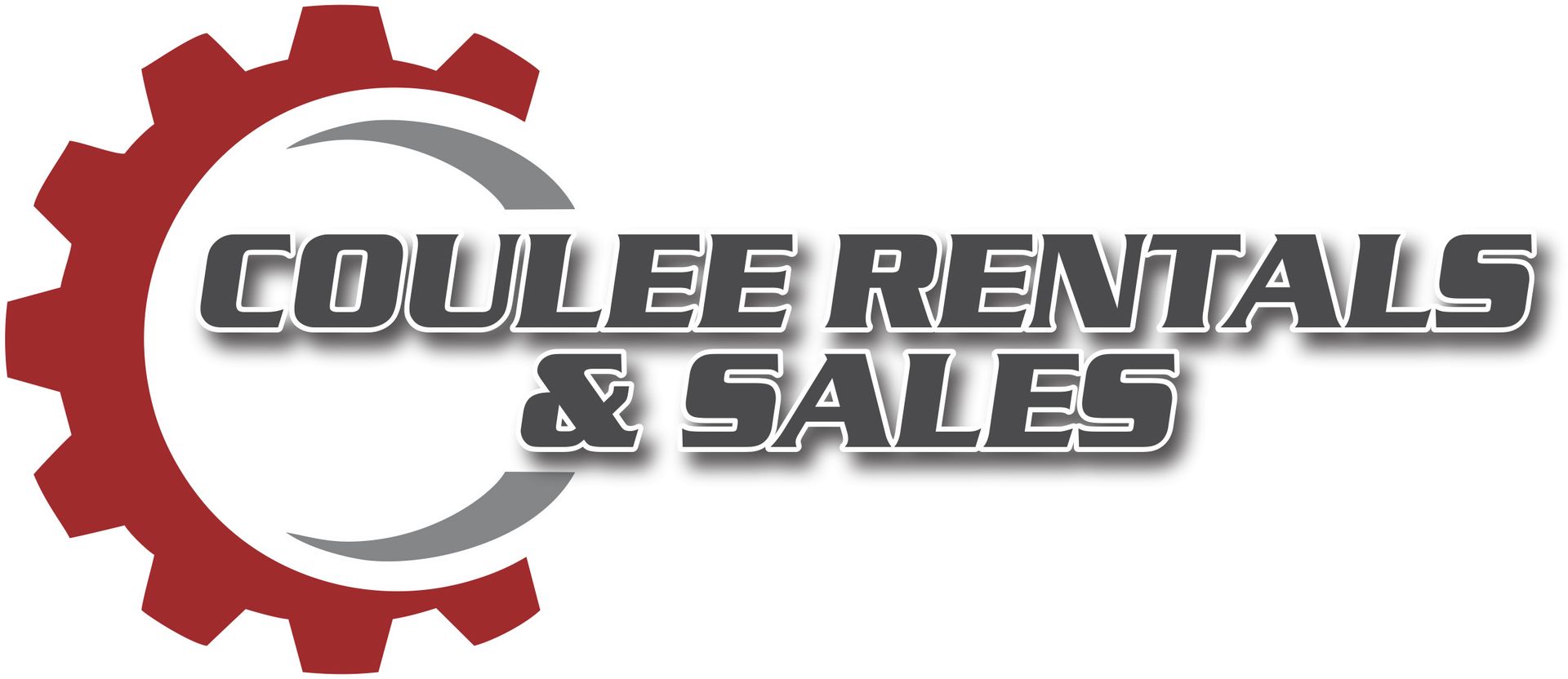
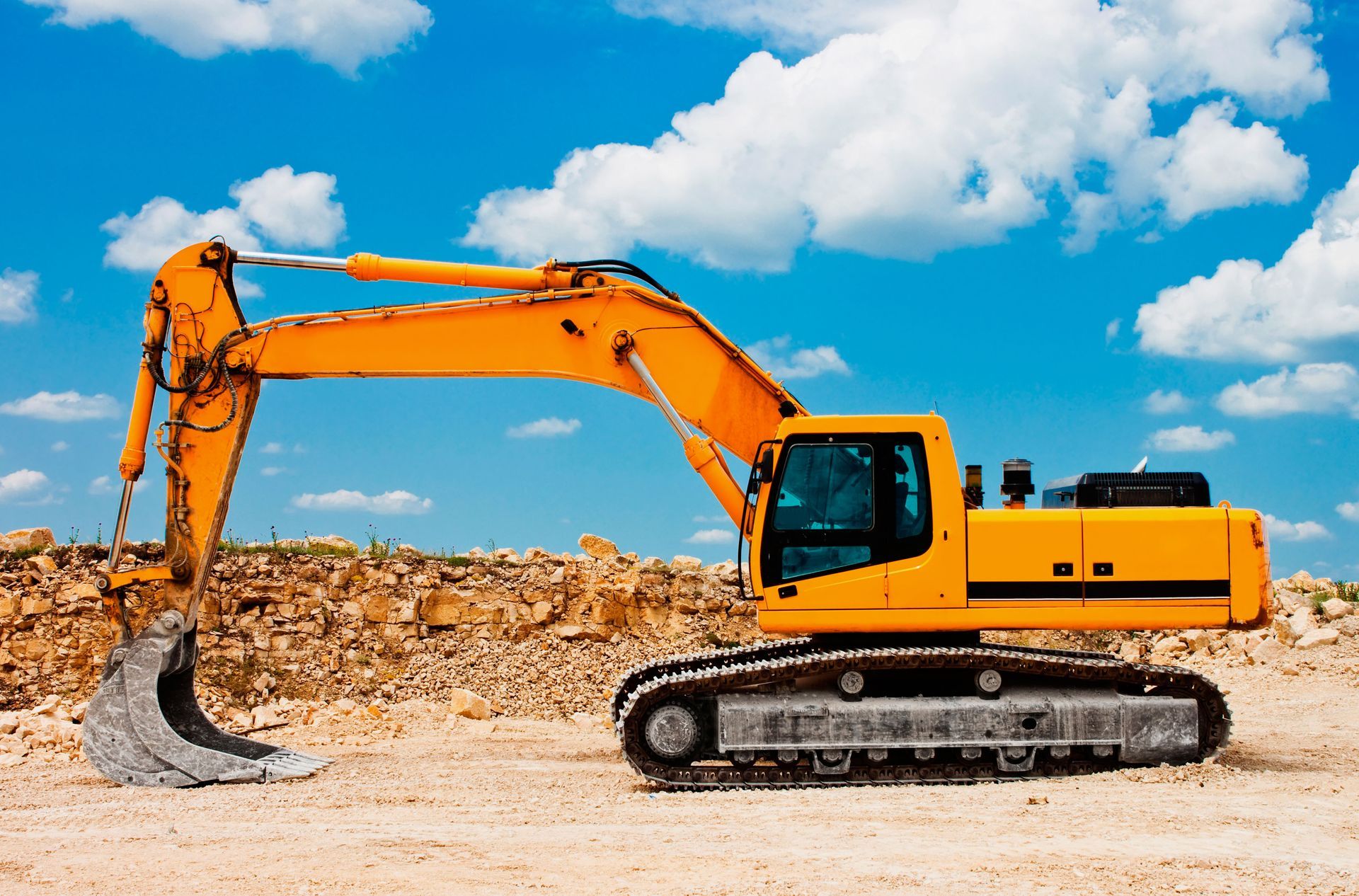
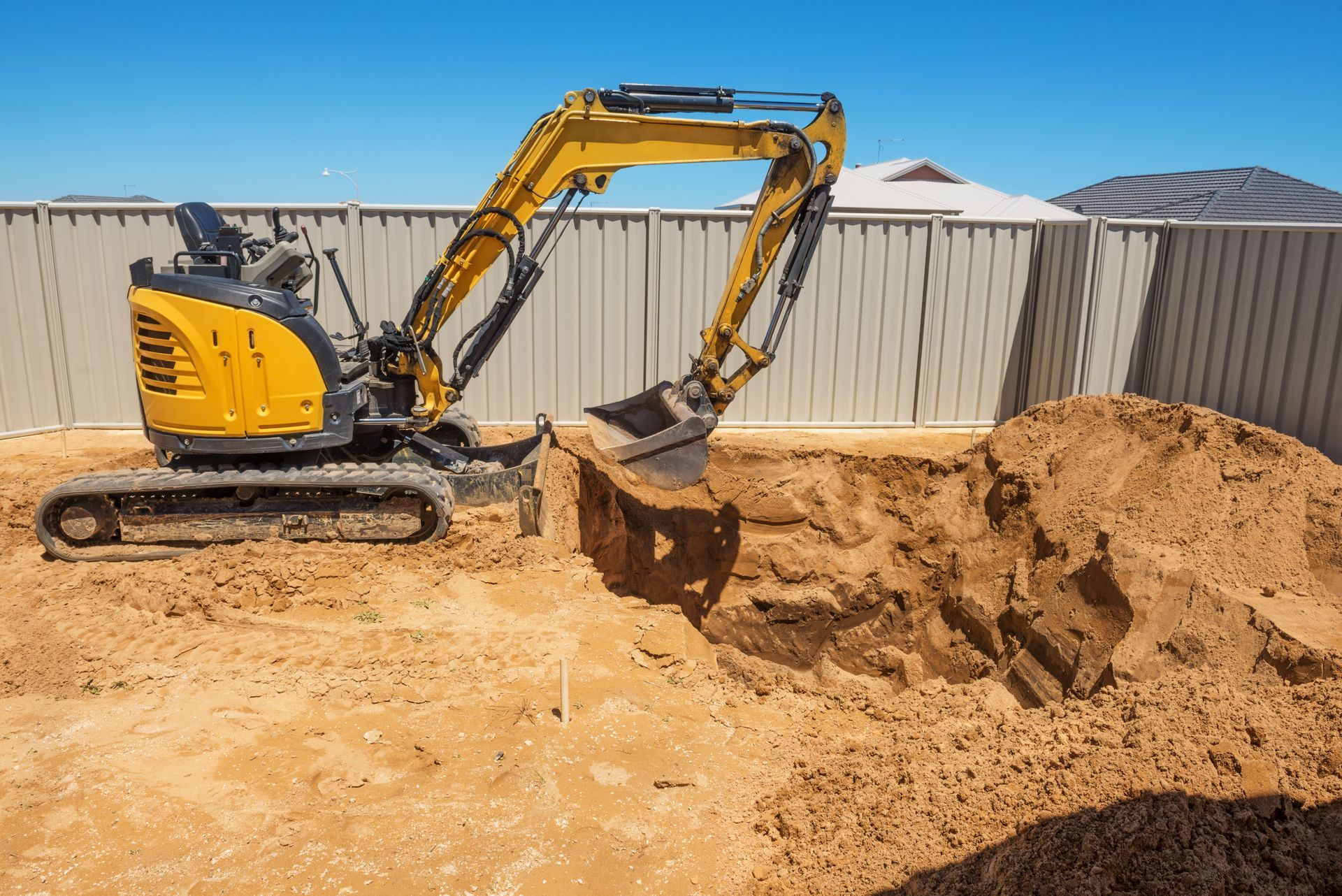
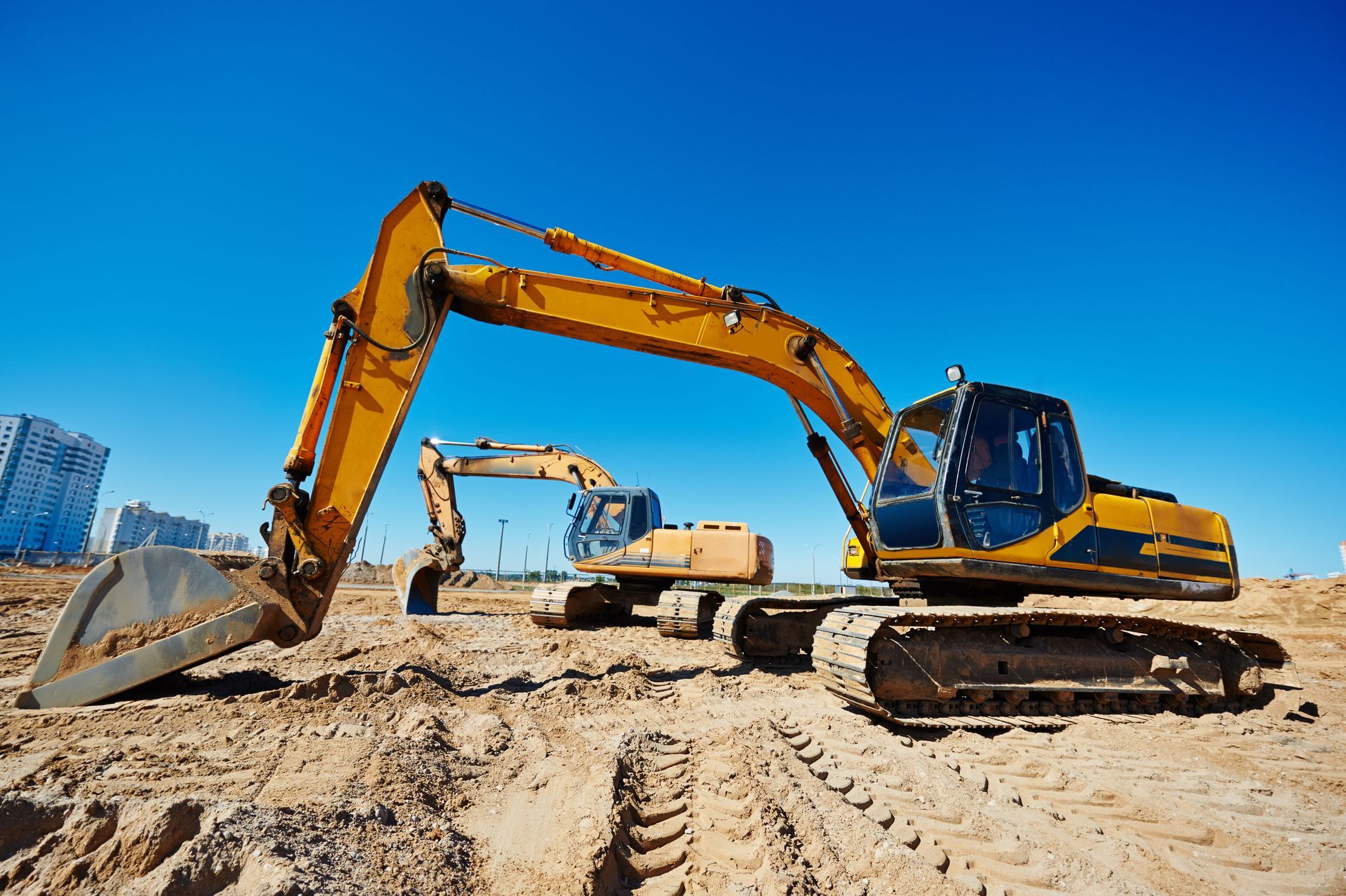
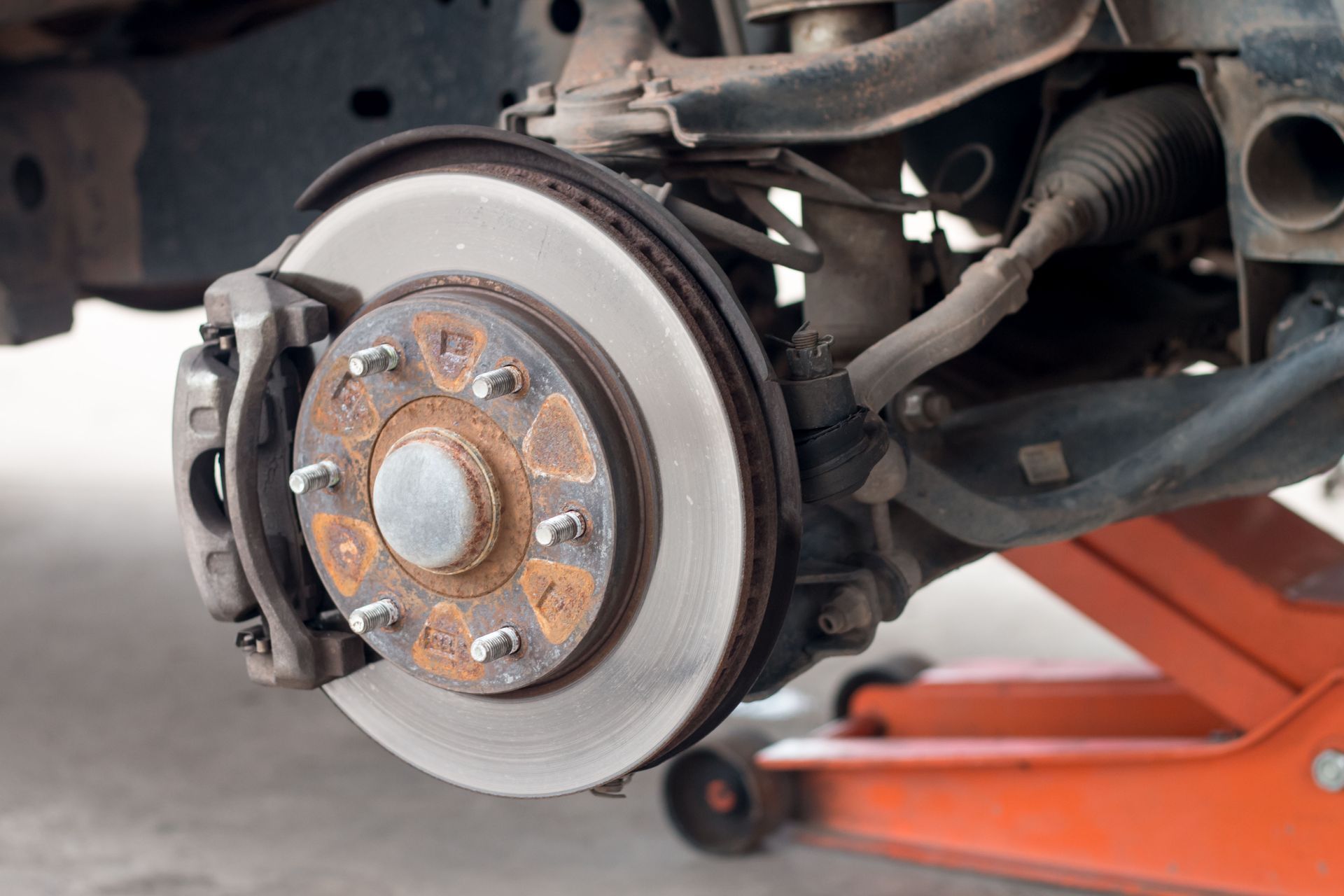
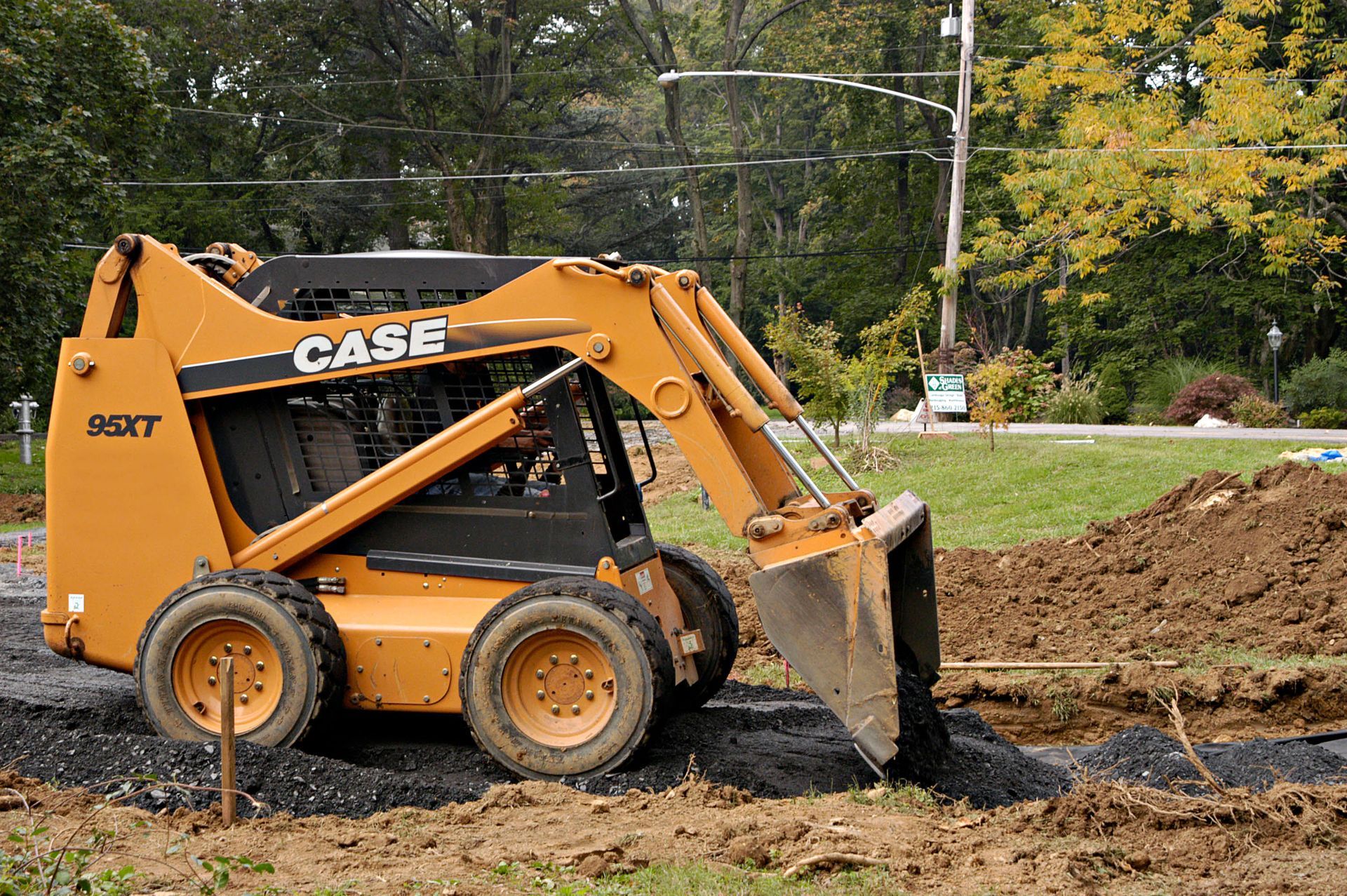

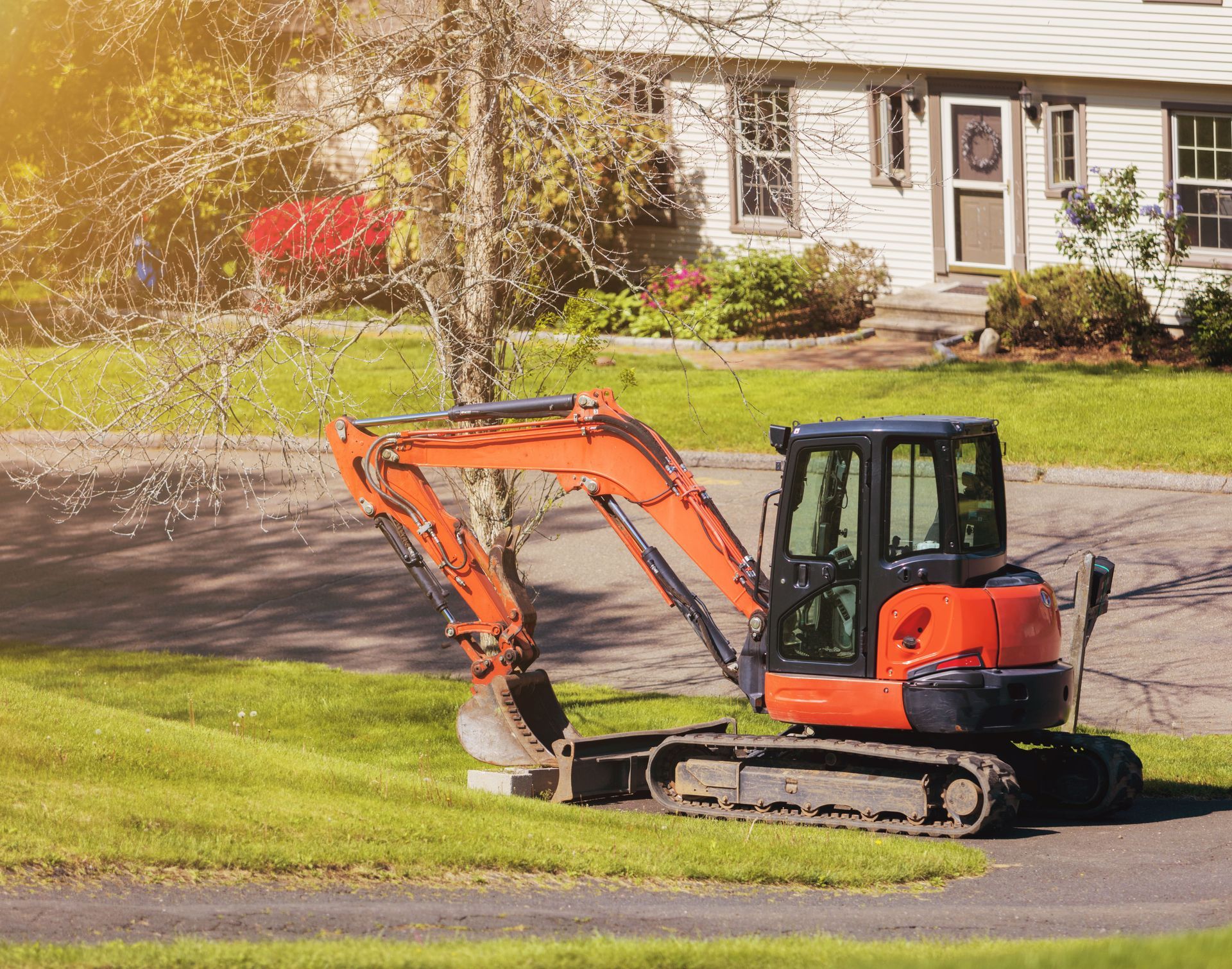
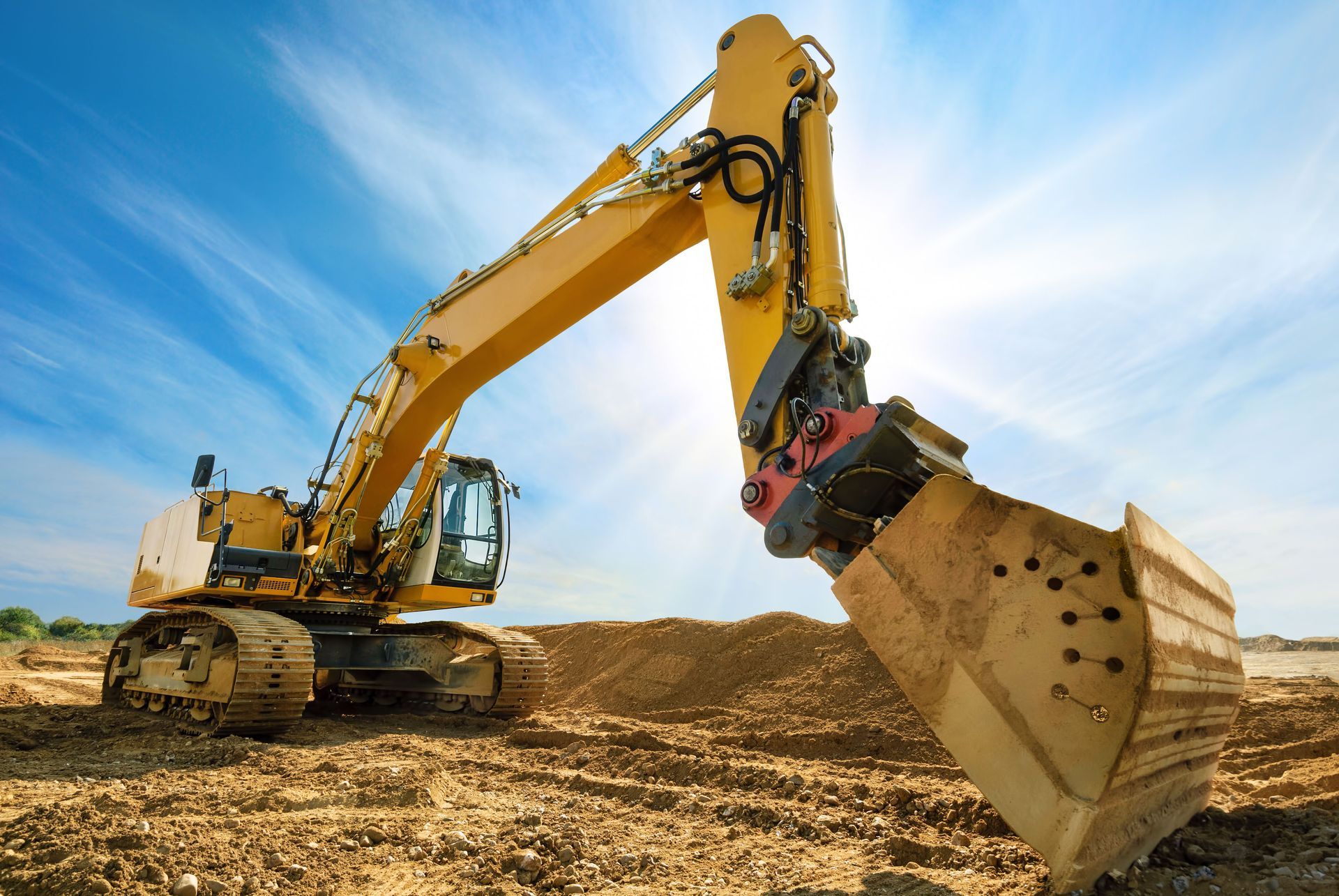
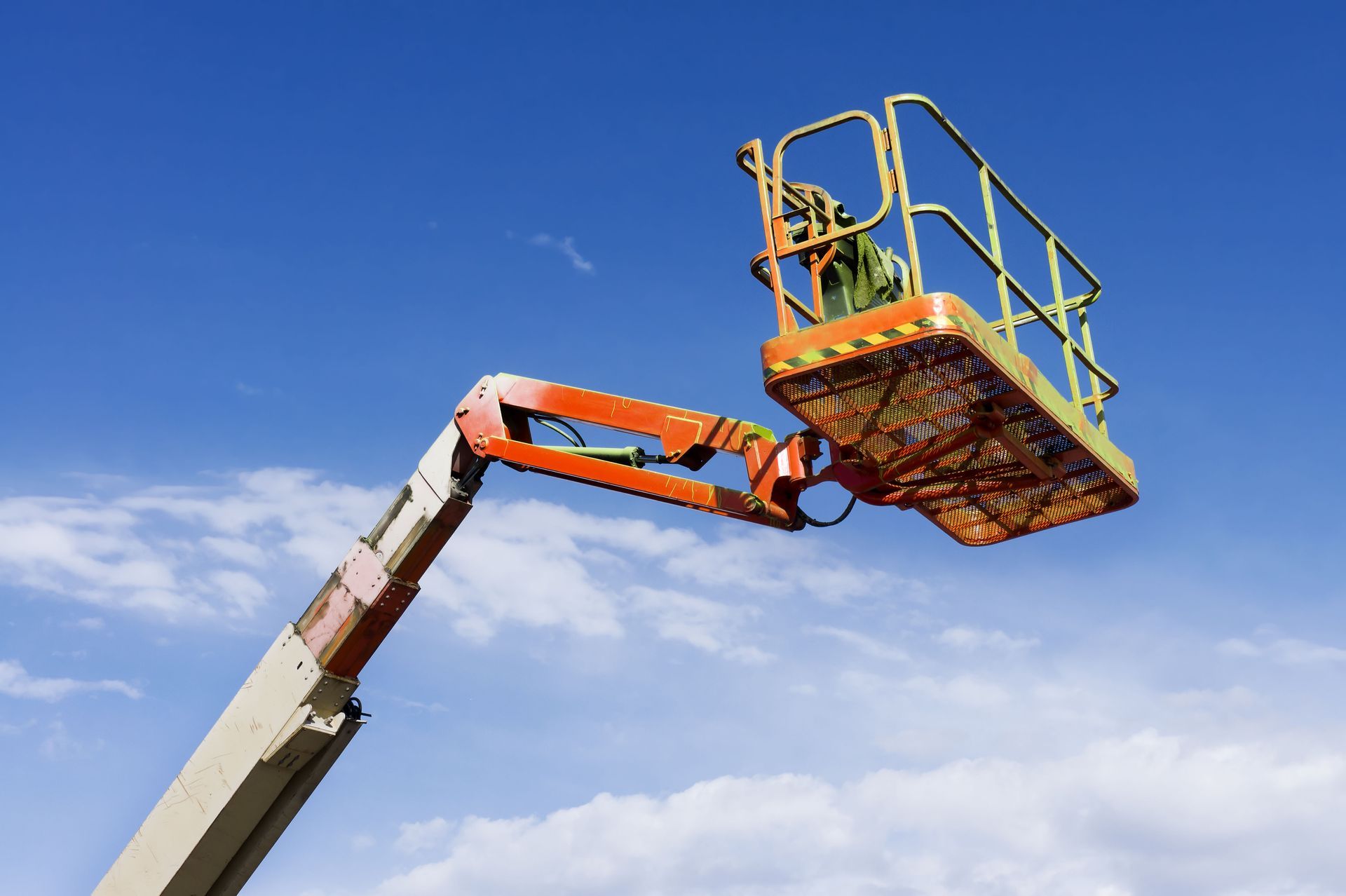
Share On: